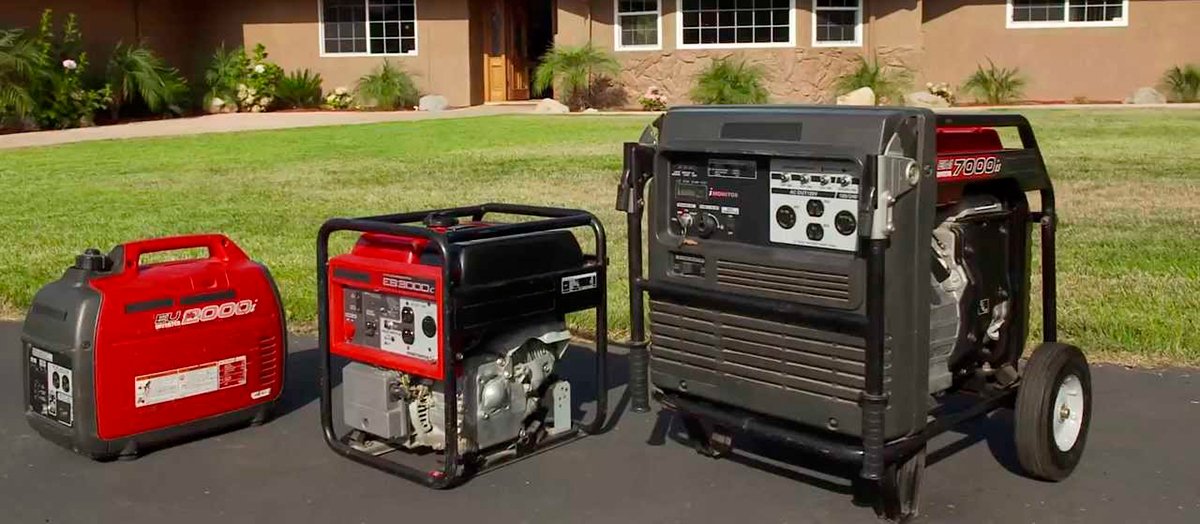
It is great to be ready to deal with any non-standard situations. A powerful generator is crucial to have when the power went out. It is not all about entertainment, since you cannot watch TV, use a computer, but it may be too hot outside and an air conditioner is what you need to create a comfortable environment. If you want to be ready for such situations, then you need to check the top rated dual fuel generators. Such models can use different types of fuel, which makes them universal and easy to operate. There are many models available to you, but before checking them all, you need to clearly understand how powerful a generator should be to provide you with the necessary power.
The number of power and generators’ sizes
It is necessary to mention that generator sizes are not about its dimensions. Generator size shows how much power it outputs. When it comes to generators’ sizes watts (W) and kilowatts (kW) are used. These units are used to measure electricity. It is also important to mention that 1 kW is equal to 1000 W.
Choosing a generator size correctly is important. Here are two bad cases:
The generator size is smaller than required. It leads to generator overloading, as it has to provide more power than it was designed to. Modern solutions have an automatic turn-off feature, so your generator will automatically turn off. It may also overheat and damage the generator and your equipment
The generator size is bigger than required. The more power the generator produces the more expensive it is to use, plus powerful models are more expensive. Therefore, you pay for the power that you do not need.
It is necessary to clearly understand how much power you need – it helps to determine generator size, so you can find a corresponding model without overpaying. It would be smart to get a model that outputs slightly more power than you need, so you can add a new appliance.
Calculating the generator size
This process requires you to perform some simple tasks. If you want to do on your own, then you need to perform these simple steps:
- Make a list of the equipment you need to provide power with (it may include important appliances only).
- List starting and running wattage of all the items – this information can be in manuals. Starting (sometimes referred to as “surge”) wattage is higher than running wattage (2 or even 3 times higher).
- Add wattage data together (keeping running and starting rates separate) – so you have 2 numbers in the end.
If the total wattage is around 24,000 W, then you should get a 25 kW generator. As a rule, the starting wattage is higher, so it determines how powerful a generator should be. It is also recommended to use a wattage calculator (but it may be not precise enough). You may also ask for professional assistance.
